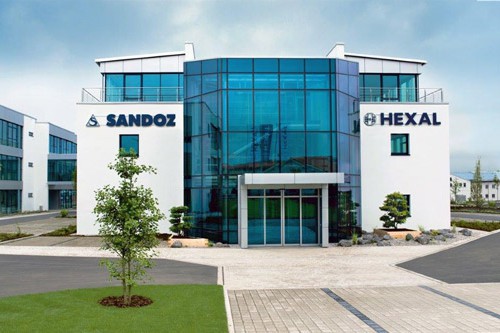
Novartis’ generics unit Sandoz has stopped the distribution of versions of the ranitidine drug Zantac, due to concerns that the drug contains a potentially cancer-causing impurity.
The FDA announced last Friday that some ranitidine medicines, which includes Zantac, contain low levels of N-Nitrosodimethylamine (NDMA) which is classified as a probable human carcinogen. This substance could cause cancer and is a known environmental contaminant.
Ranitidine is an over-the-counter and prescription drug used to prevent and relieve heartburn. The FDA has also been investigating blood pressure and heart failure medicines known as angiotensin II Receptor Blockers (ARBs) for this carcinogen since last year. In this instance, the FDA recommended recalls of multiple medicines.
While the FDA has not recommended that individuals stop using Zantac and other ranitidine medicines, it did say that those who wish to stop taking prescription ranitidine should consult a health care professional about other treatment options.
However, it did recommend that those buying ranitidine medicines over-the-counter could consider using other medicines approved for their conditions.
According to the FDA: “There are multiple drugs on the market that are approved for the same or similar uses as ranitidine.”
As a result of this investigation, Sandoz said it is halting worldwide distributions of its generic ranitidine medicines. Other versions of Zantac have also been recalled in Europe and Canada as well.
Sandoz is only one of various drug manufacturers that distribute these medicines, with Sanofi making branded Zantac sold over-the-counter.
“A precautionary distribution stop of all Sandoz ranitidine-containing medicines in all our markets will remain in place under further clarification, this includes capsules in the US,” said Eric Althoff, a spokesman for Novartis.
“Our internal investigation is ongoing to determine further details,” he added.
Although neither the FDA or the EMA have asked companies to withdraw products, other regulatory entities are asking companies to stop marketing ranitidine drugs.
This includes Health Canada, who advised companies to halt manufacturing”until evidence is provided to demonstrate that they do not contain NDMA above acceptable levels”. Singapore’s Health Science Authority also suspended the sale of eight stomach acid treatments in response to the potential contamination.
The investigation is still on-going, with the FDA evaluating whether the low levels of NDMA found in ranitidine pose a risk to the health of patients. It said that it will post its final findings as soon as they are available.
Read the full FDA statement here.




